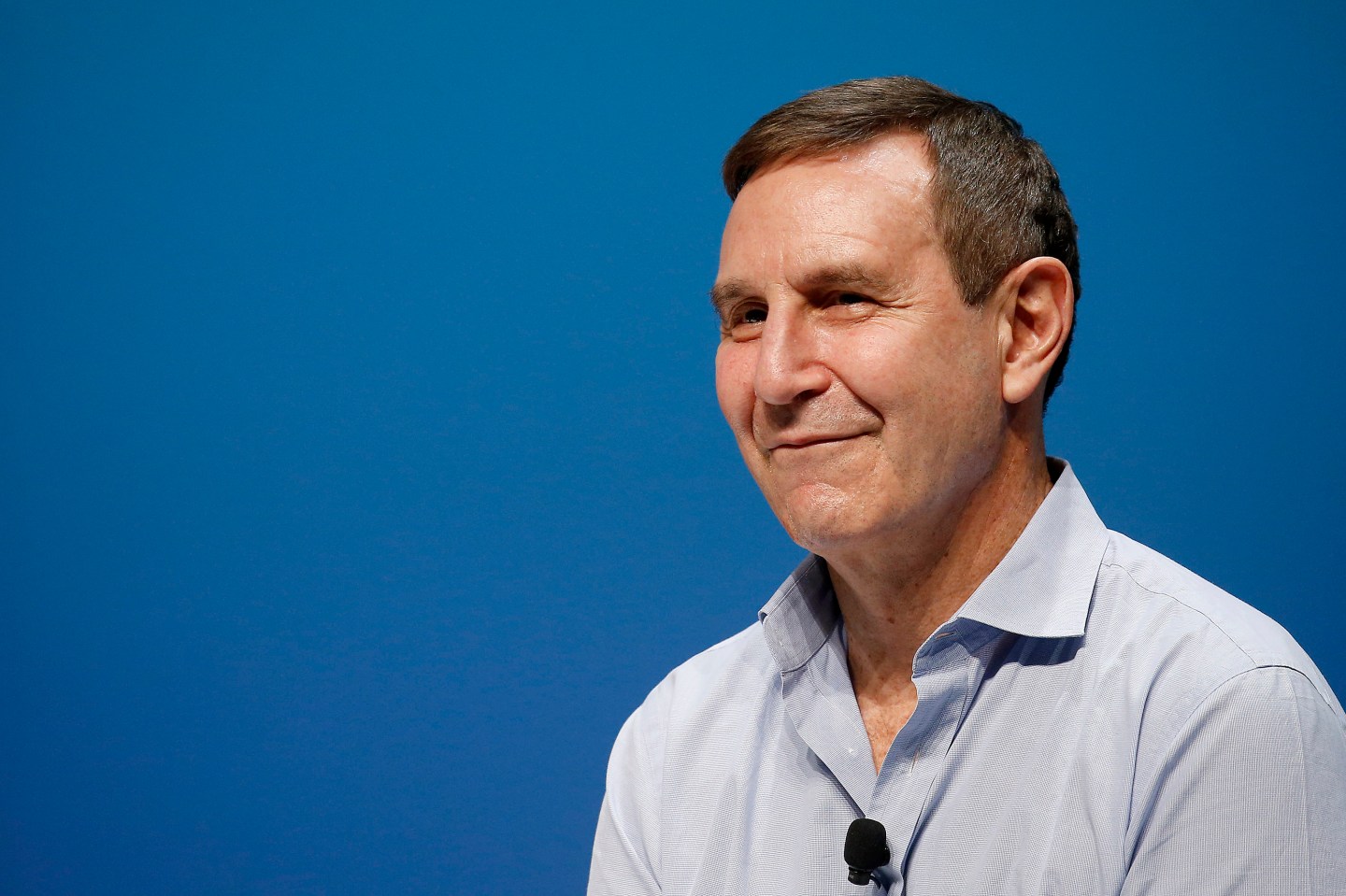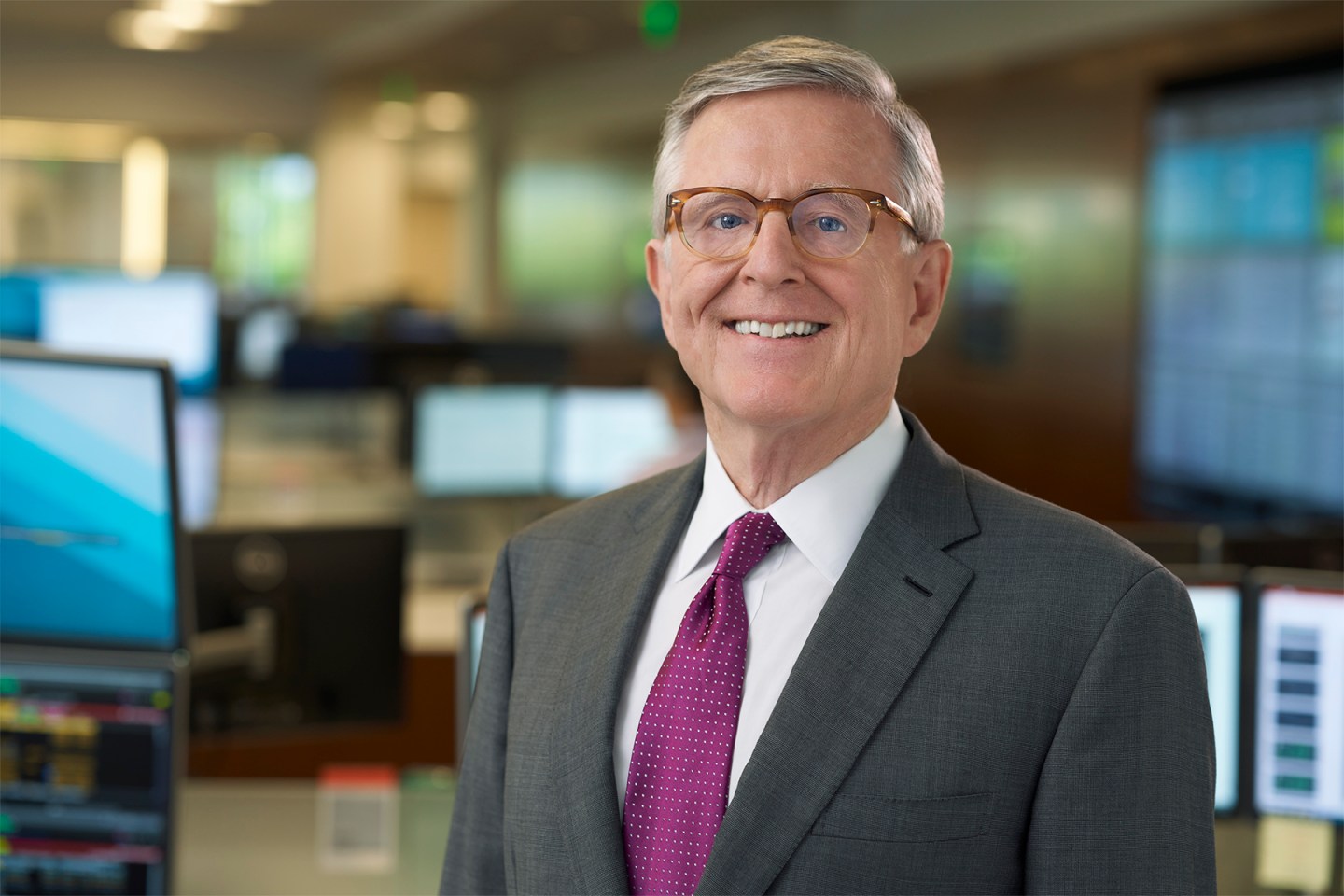The development and deployment of AI across industries has been one of the year’s defining stories, marked by soaring market valuations, rapid data-center buildouts and nonstop corporate experimentation. But there is a soft underbelly of the AI boom, a deep sense of unease about the employment effects of the technology and a lack of understanding of the benefits to the average consumer.
The 2025 Edelman Trust Barometer Flash Poll: Trust and Artificial Intelligence at a Crossroads, conducted across five nations (Brazil, China, Germany, UK, U.S.), released today, shows that trust in AI is at an inflection point. In fact, in the three developed markets surveyed, acceptance of AI is linked to trust, an average of a hundred-point swing in attitude from those who distrust and reject to those who trust and embrace the technology.
There are four significant trust divides for AI: Geography; Industry; Income; and Age.
- Developing markets such as Brazil and China are much more enthusiastic about AI than respondents in Germany, the UK, and U.S. Three times as many Americans reject the growing use of AI (49%) as embrace it (17%) while the Chinese are the mirror image, with almost 5.5x as many embracing AI (54%) as rejecting the technology (10%).
- Our Industry findings were surprising, with Technology (3.5 to 1) and Financial Services (1.5 to 1) employees embracing AI at work, those in Retail, Manufacturing and Healthcare ambivalent, while those in Education (1.5 to 1)Food (1.5 to 1)and Transportation reject it (2 to 1).
- There is a large Mass-Class Divide on AI in the Developed Markets, with 71% of the UK and 65% of the American bottom income quartile feeling they will be left behind rather than realize any advantages from gen AI. Importantly, half of the Middle- and nearly half of the High-Income American respondents also believe they will be left behind without realizing net gains from AI.
- Unsurprisingly, the youngest cohort is most supportive of AI; in the UK there is a 41-point difference between the 18-34 and the 55+ generations (59% trust in AI vs. 18%), though in the U.S. only 40% of the young generation trust AI, perhaps because of the slow market for entry level jobs.
How to Bridge The Divides?
The most powerful driver of AI enthusiasm is information. There is real benefit in personal experience; when Gen AI helps me understand complex ideas, there is a near 40-point rise in trust in most markets, with near 50-point rise in the UK. Gen AI also gets credit for getting things done faster and enhancing creative skills.
Among the AI-resistant respondents, we find that there is scant evidence of very negative personal experiences (under 20%). Those who avoid the technology do so because of data concerns, not because they’re intimidated. We have uncovered a powerful data point around truth and transparency; in the developed nations, two-thirds of respondents or more believe that Business leaders potentially won’t be fully honest with employees on the impact of AI on jobs.
Who Should Take the Lead on Building Trust in AI?
It must be My Employer, respondents are on average 1.5Xx more likely to feel comfortable with their employer using AI than Business in general and twice as likely than Government. Employees are 2.5x more motivated to embrace AI if they feel their job security is increasing, not the threat of Job Insecurity (50% vs. 21%). Employees also want to feel that their embrace of AI is voluntary, not mandatory; in the UK and U.S., 2 in 3 AI distrusters feel it’s being forced upon them.
There is a Mass-Class Divide in the workplace, with only one in four non-managers regularly using AI, versus nearly two-thirds of the people managers. The winning formula for trust is employees finding that AI is helping them find solutions at work, doubling their trust in the underlying technology in some markets. Employers need to use peer-to-peer communications on AI instead of top-down missives, with “someone like me” on average two times more trusted than a CEO or government leader to tell the truth about AI. It is also a workplace priority to get a high-quality training program for effective AI use; this is supported across all political affiliations as well.
A lingering fear in developed economies is slowing AI adoption. This is driven by job losses tied to globalization and eroded trust in leaders and experts after COVID-19 and rampant disinformation. Yet there is a strong countersignal. Respondents say they would be comfortable using agentic AI for finances, healthcare, major purchases, and job searches by an average of 5.5-to-1 margin if they trust the technology.
AI is transforming daily life at unprecedented speed, making it essential for companies to build the conditions for its acceptance. The talk track for CEOs of AI companies should embrace the simplicity of Franklin Delano Roosevelt’s Four Freedoms, which he articulated in the wake of the Great Depression. Freedom of Speech and Expression. Freedom of Worship. Freedom from Want. Freedom from Fear. Trust will drive growth of AI but is conditional on Actions earning Trust, from training to job transformation. The technology industry and anyone seeking to leverage AI needs to take this special report seriously because there is no divine right of acceptance of innovation.
The opinions expressed in Fortune.com commentary pieces are solely the views of their authors and do not necessarily reflect the opinions and beliefs of Fortune.












